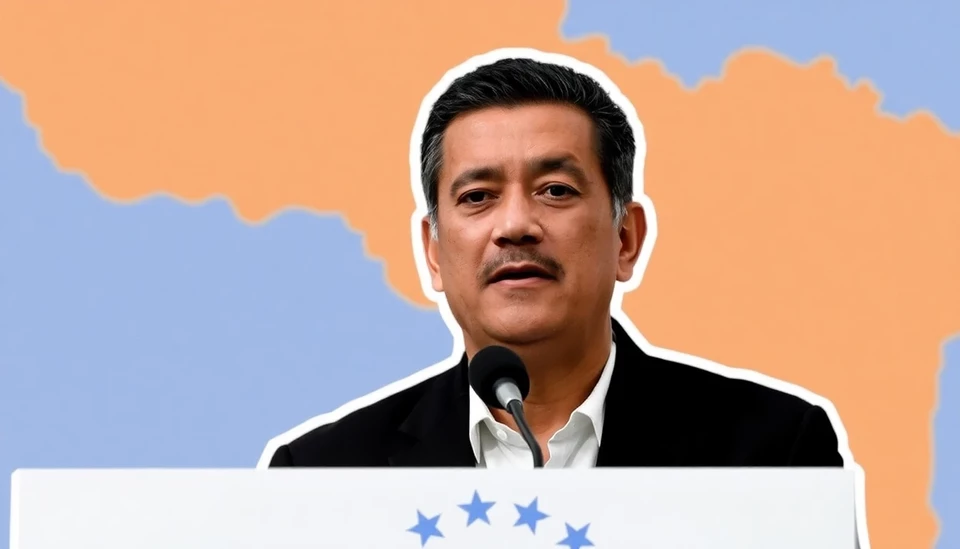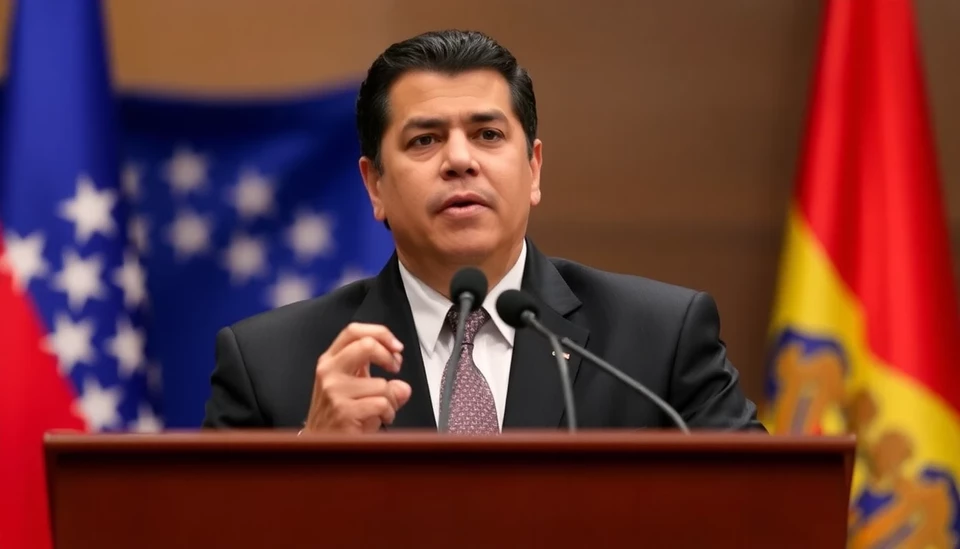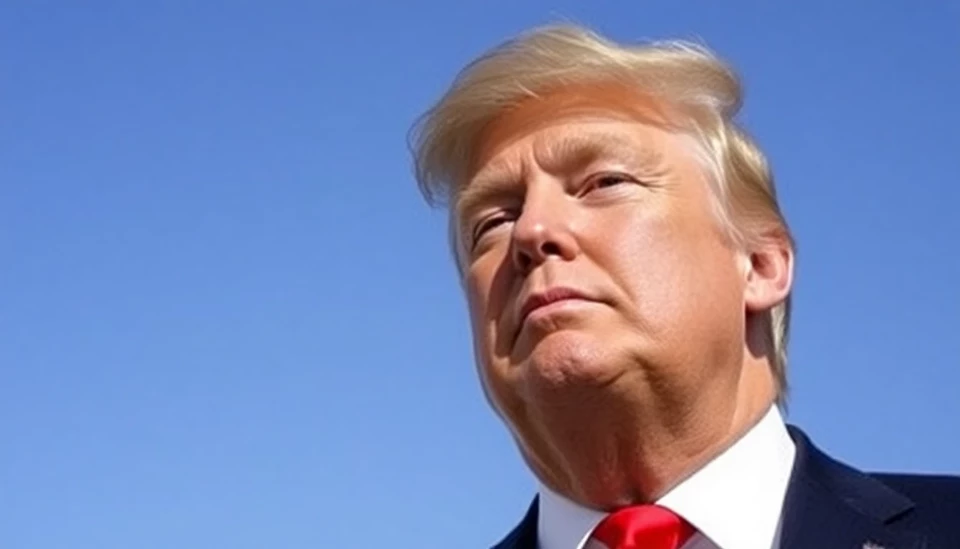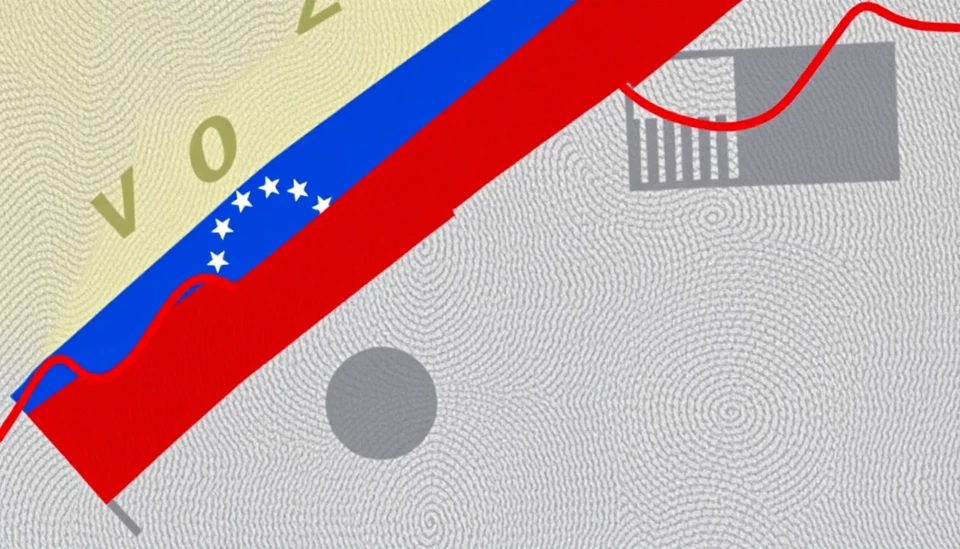
In an unprecedented shift within Venezuela's already tumultuous political landscape, the nation has taken a striking step by arresting its former oil minister, Tareck El Aissami. This development marks the latest in a series of actions that appear to target high-ranking officials linked to the regime, igniting speculation about an internal power struggle among President Nicolás Maduro's administration. The arrest occurred on October 19, 2024, as part of what is being characterized as a broader government purge.
El Aissami, who previously held the influential post of oil minister from 2020 until July 2023, was detained amid allegations of corruption and mismanagement connected to Venezuela’s vital oil sector. The circumstances surrounding his apprehension have sparked discussions regarding the stability of Maduro’s regime, particularly as it grapples with a crumbling economy largely dependent on oil revenues. Observers have noted that this move reflects not only a crackdown on corruption but also an unsettling atmosphere of distrust within the ruling party.
Reports suggest that El Aissami was particularly implicated in numerous scandals involving oil contracts and financial dealings that allegedly diverted funds from state-run enterprises to personal accounts. His arrest signals a radical shift in Maduro's approach to governance, with the authoritarian leader seemingly seeking to consolidate power by eliminating figures perceived as threats within his own ranks.
This incident isn't isolated. The broader context reveals a worrying trend, as several high-profile officials and associates of Maduro have faced investigations or similar fates in recent months. The purge highlights a growing paranoia within the ranks of the ruling party, illustrating how fear of retribution can lead to public denouncements and the scapegoating of once-untouchable leaders.
The political ramifications of El Aissami's arrest are profound. Analysts postulate that Maduro's increasing reliance on purges of his inner circle may create a fragile political environment filled with uncertainty. Questions loom over the potential challenges to Maduro’s authority from within the party and the possible impact on Venezuela’s already dire economic situation.
Internationally, the arrest has drawn attention as well, with foreign diplomats and observers closely monitoring the situation. The Biden administration has reiterated its calls for political reform and accountability in Venezuela, suggesting that the regime's internal conflicts may further complicate relations with western nations.
As Venezuela continues to navigate its crisis, the political landscape remains deeply unstable. El Aissami’s fate and the outcomes of this latest purge could redefine the future of governance in the country. With a populace increasingly frustrated by economic hardships, the potential for unrest and calls for change may rise, leading to a pivotal moment in Venezuelan history.
In conclusion, the arrest of Tareck El Aissami serves as a stark reminder of Venezuela’s enduring challenges, marked by corruption, economic downturn, and political strife. Whether this move will lead to substantive change or further chaos remains to be seen, but it undeniably underlines the precariousness of life under the Maduro regime.
#Venezuela #OilMinisterArrest #PoliticalPurge #NicolasMaduro #TareckElAissami #Corruption #VenezuelanPolitics #PowerStruggle #EconomicCrisis
Author: John Harris




